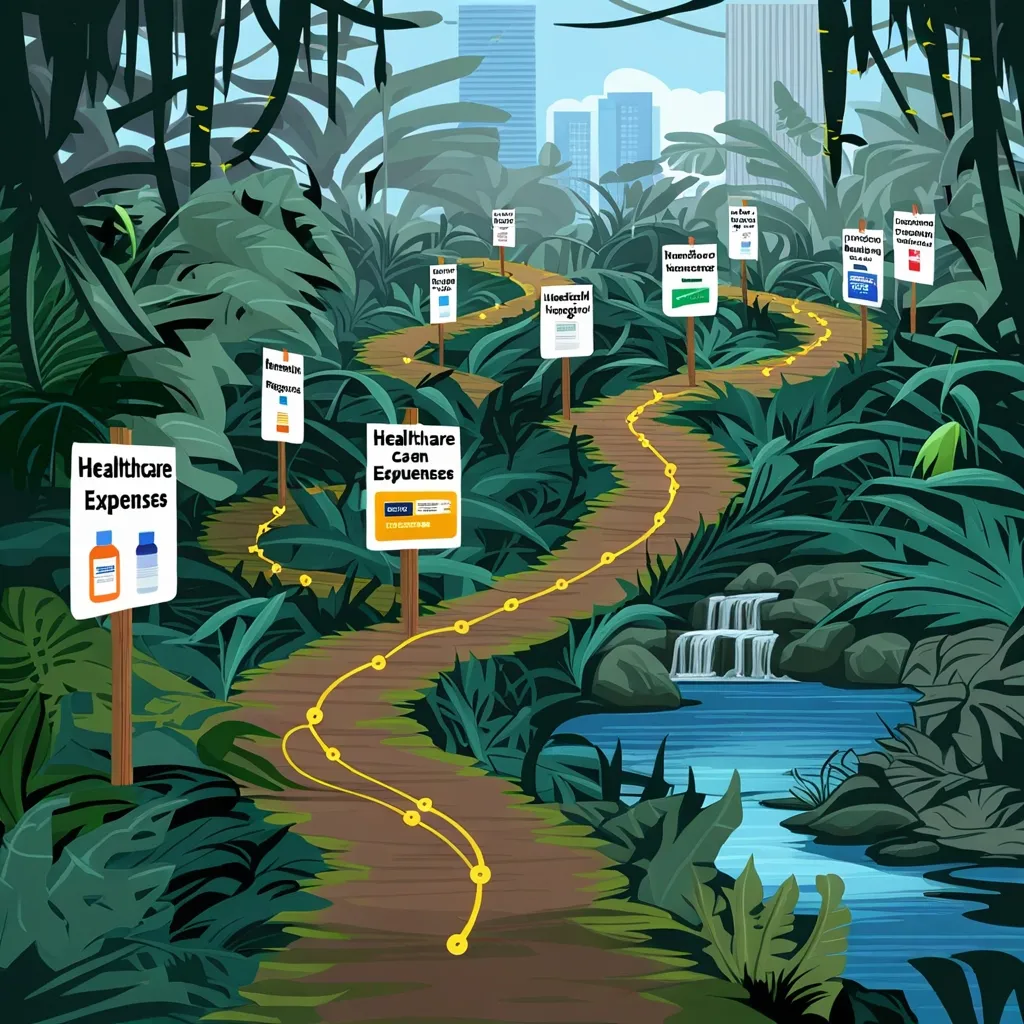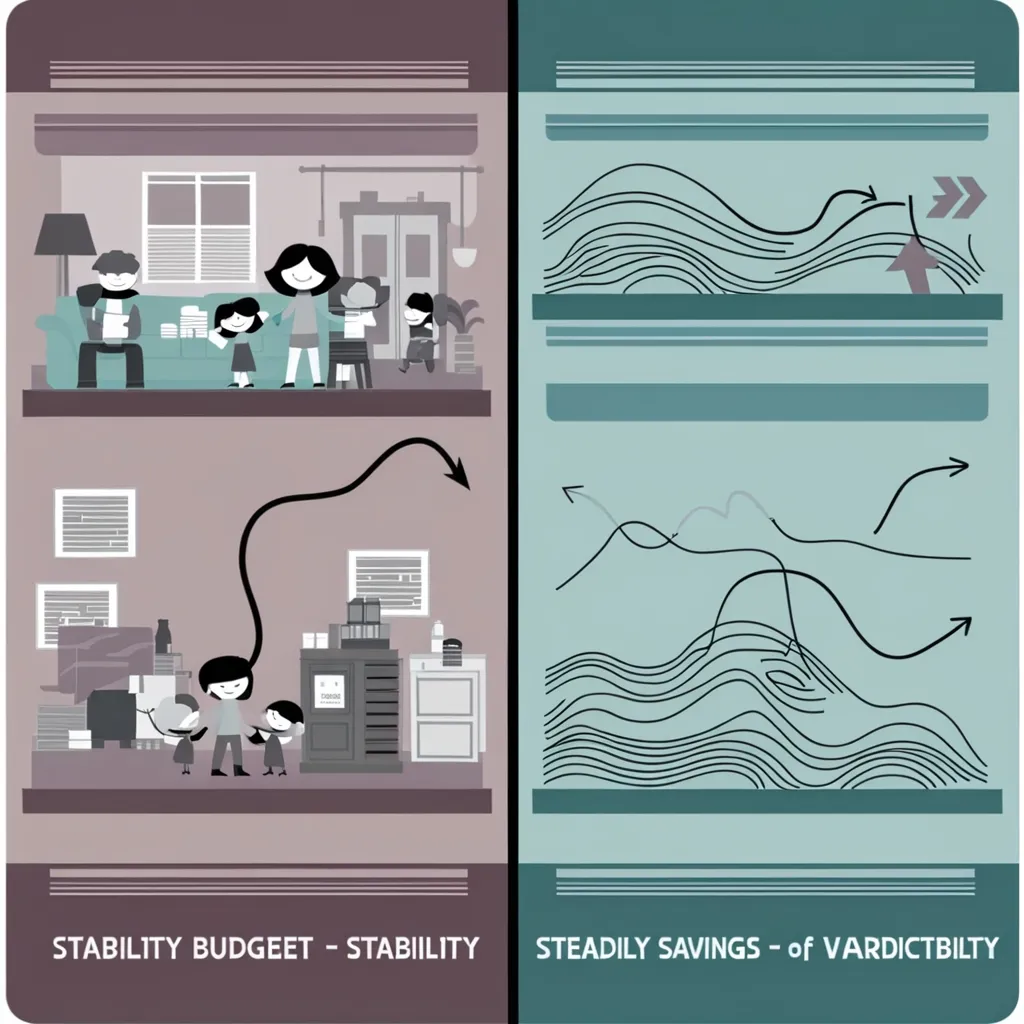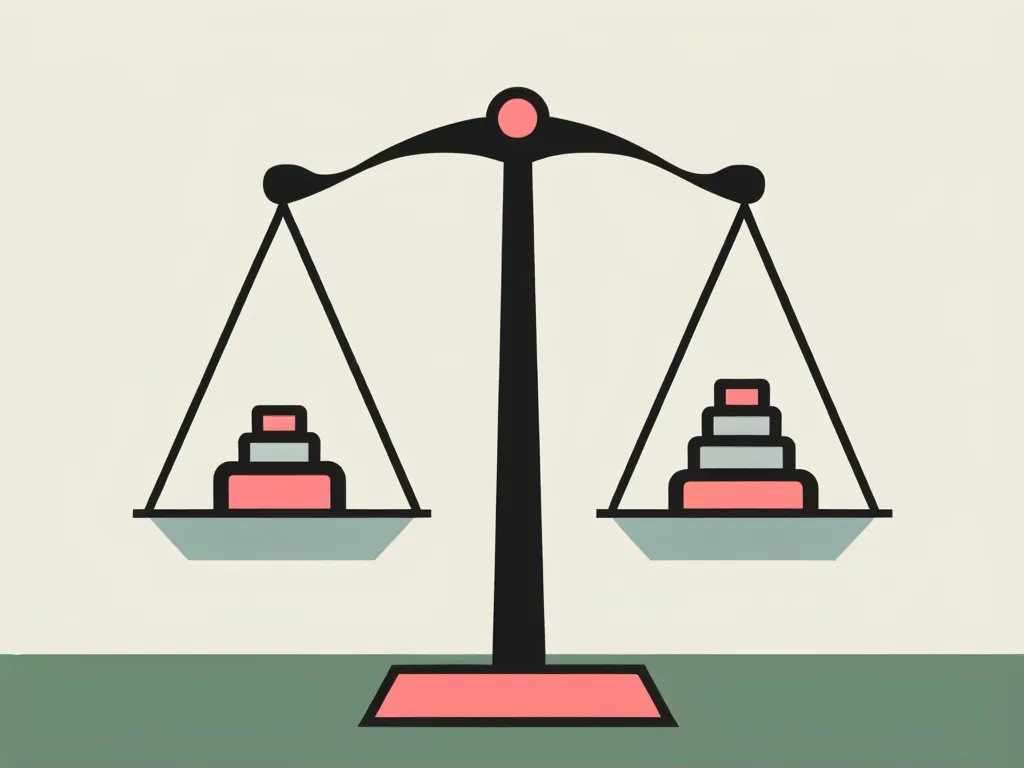The Innovation Revolution: Reshaping Economic Policies for the 21st Century
Welcome to the future of economics, where innovation isn’t just a buzzword - it’s the driving force behind global growth. We’re living in an era where tech breakthroughs are rewriting the rulebook for governments, businesses, and everyday folks like you and me.
Let’s dive into this brave new world, shall we?
Imagine a world where 85% of economic growth comes from innovation. That’s not science fiction - it’s our reality. This innovation economy is turning industries upside down and giving our job market a major makeover.
Take retail, for instance. Remember when shopping meant trudging to the mall? Now, thanks to e-commerce giants like Amazon and Alibaba, we can shop from our couches in our pajamas. These companies aren’t just selling stuff; they’re using fancy tech and big data to create shopping experiences tailored just for us.
And it’s not just retail getting a facelift. Look at transportation. Tesla isn’t just another car company - it’s a game-changer in the energy world. They’re showing us that cars can be smart, sexy, and sustainable all at once.
Healthcare is jumping on the innovation bandwagon too. Telemedicine and AI diagnostics are making healthcare more accessible and affordable. It’s not just about treating diseases anymore; it’s about putting patients first and keeping us healthier for longer.
Even the way we work is getting a major overhaul. The gig economy, powered by platforms like Upwork and Fiverr, is challenging the 9-to-5 grind. Now, we can work from anywhere, choosing projects that light us up and fit our lifestyles.
But here’s the thing: none of this happens in a vacuum. Governments play a crucial role in nurturing this innovation economy. They need to create an environment where new ideas can flourish. That means offering incentives for research and development, building bridges between academia and industry, and making it easier for businesses to get off the ground.
The fruits of this innovation economy are pretty sweet. Just look at tech giants like Apple and Google, or upstarts like Uber and Airbnb. They’re not just making cool gadgets and apps; they’re creating jobs, boosting productivity, and driving economic growth. And the best part? Anyone with a game-changing idea can get in on the action.
But let’s not kid ourselves - this new economy isn’t all sunshine and rainbows. The Fourth Industrial Revolution is shaking things up at breakneck speed. AI, blockchain, and the Internet of Things are transforming how we produce, manage, and govern pretty much everything.
One of the coolest trends is the rise of tech-enabled platforms that connect supply and demand in new ways. Think Uber and Airbnb - they’re not just giving us new ways to get around and find a place to crash; they’re lowering barriers for people to create wealth. These platforms are raising the bar for what we expect as consumers and making products smarter and more durable through the power of data.
In this fast-paced world, companies can’t afford to stick to rigid long-term plans. They need to be nimble, ready to pivot at a moment’s notice. Data is the new oil, fueling decisions and giving insights into what’s coming down the pike.
Governments are getting in on the action too, using digital tools to make smarter policy decisions. But this requires a whole new approach to governance - one that’s flexible and can keep up with the dizzying pace of tech changes. Regulators need to stay on their toes, working hand in hand with businesses and civil society to maximize the benefits of innovation while keeping risks in check.
Take the United States, for example. There’s a growing push to redefine the national tech development agenda. This means pumping more public money into R&D, especially in cutting-edge fields like AI, quantum computing, and clean energy. It also means upskilling the workforce to bridge the tech skills gap. And let’s not forget about the ethical side of things - we need to make sure we’re developing tech responsibly and using it to tackle big challenges like climate change and healthcare improvements.
But it’s not all smooth sailing. Geopolitical shifts are shaking up global tech interdependence. We’re facing cybersecurity threats, data flow restrictions, and supply chain disruptions. Navigating these choppy waters requires teamwork between the public and private sectors.
The impact of all this tech innovation goes way beyond economics. The Fourth Industrial Revolution has the potential to boost global income and make life better for everyone. But there’s a flip side - it could also widen the gap between the haves and have-nots. Automation might replace jobs across the board, potentially tilting the balance even further in favor of capital over labor. But hey, it’s not all doom and gloom - there’s also a chance that these tech advances could create more safe and rewarding jobs.
To manage these risks, policymakers need to be more transparent and holistic in their approach to tech policy. They need to clearly communicate their goals, weigh the trade-offs, and make sure our shared values - things like fairness, inclusiveness, and accountability - are baked into both our governance systems and our technologies.
So, what’s the bottom line? The new rules of the economic game are all about innovation, agility, and adaptability. As tech keeps advancing at warp speed, we all need to stay on our toes - governments, businesses, and individuals alike.
For us regular folks, this means embracing lifelong learning to stay relevant in a job market that’s changing faster than we can blink. We need to be open to new technologies and ready to adapt to new ways of working.
For businesses, it’s all about leveraging data and analytics to make smart decisions and staying flexible enough to roll with the punches when the market throws curveballs.
And for governments, it’s about crafting policies that support innovation while making sure the benefits are shared fairly and the risks are kept in check.
In a nutshell, technological innovations are giving economic policies a major facelift. By understanding and embracing these changes, we can tap into the full potential of the innovation economy. We’re talking about driving economic growth, improving quality of life, and creating a future that’s fairer and more sustainable for everyone.
Whether you’re a shopaholic loving the convenience of online shopping, a freelancer navigating the gig economy, or a policymaker shaping the future of tech, the new rules of the game are crystal clear: innovation is the secret sauce for success in the 21st century.
So, buckle up and get ready for the ride. The future is here, and it’s powered by innovation. Are you ready to play by the new rules?






